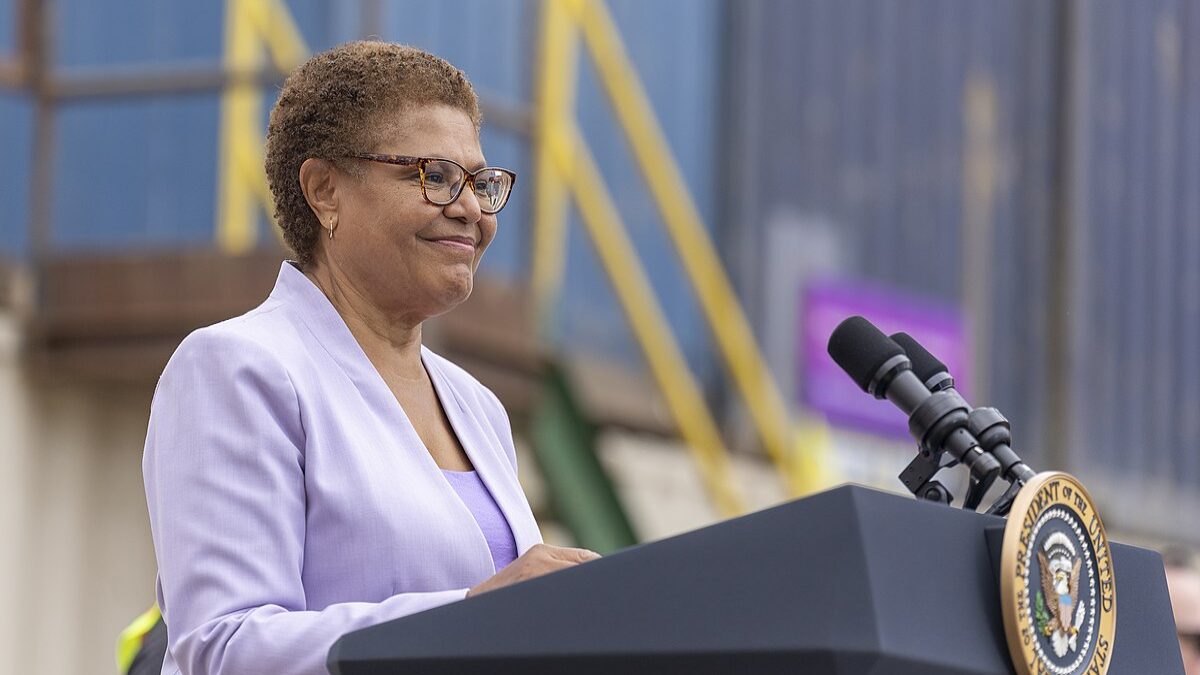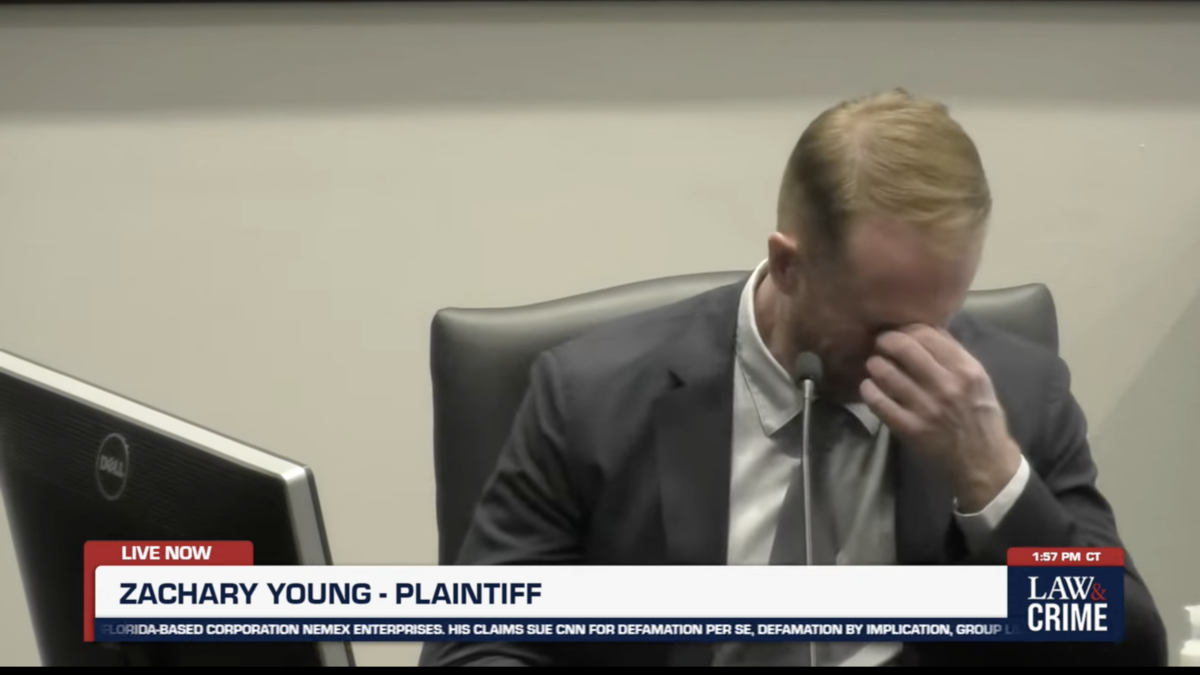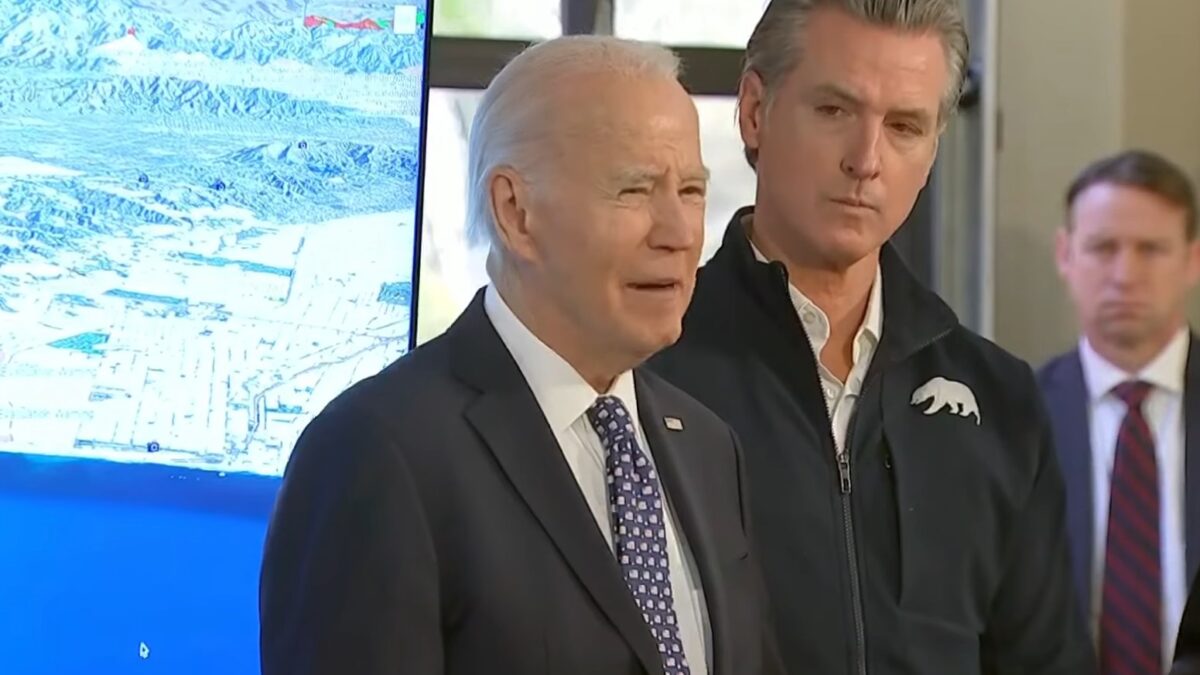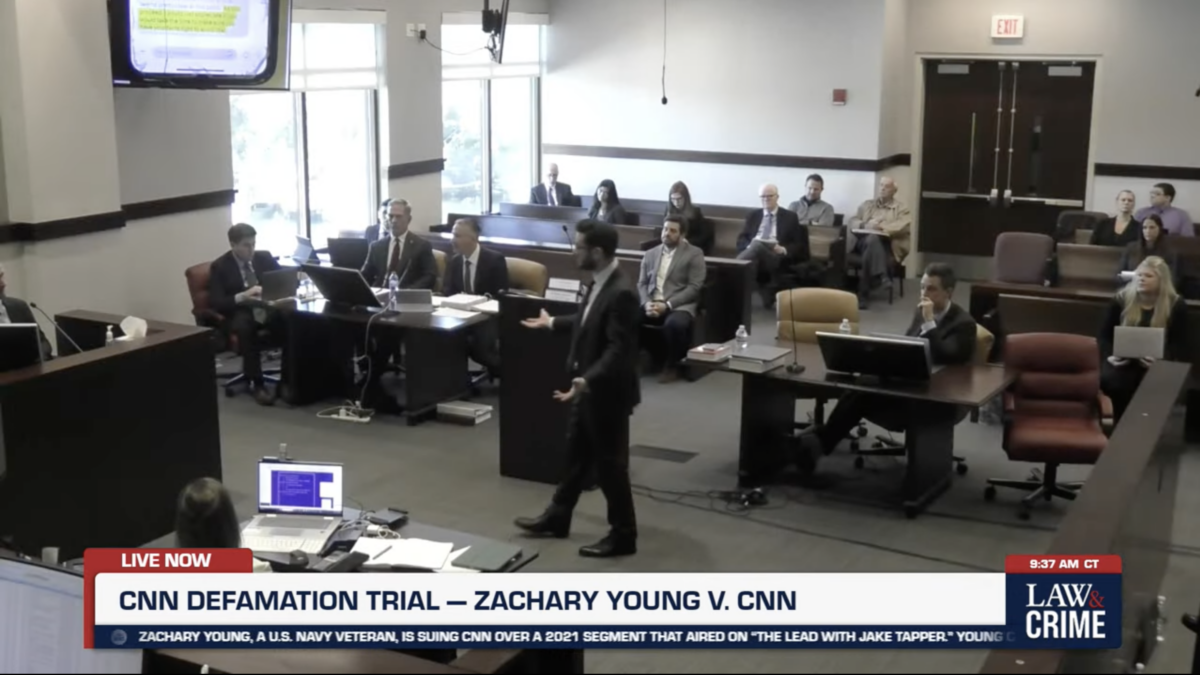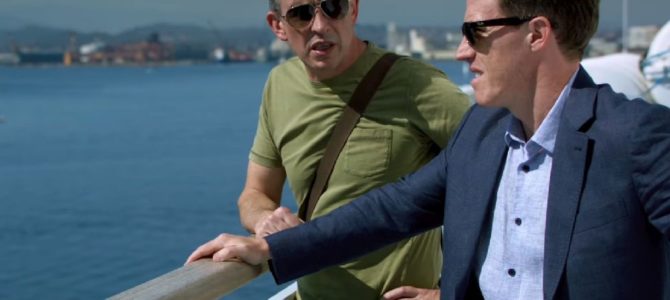
This review contains spoilers.
“The Trip to Spain” is the third of three films featuring Steve Coogan and Rob Brydon on culinary road trips. In each film the actor-comedians drive the countryside of England, Italy, and here Spain, sample great cuisine, and banter about themselves, their work (film, entertainment, journalism) and life in general. Their impersonations of famous actors and celebrities will have you laughing out loud.
If you’re only vaguely aware of Coogan and Brydon — or not at all — well, that’s part of the charm. Now in their early fifties, both chaps are wondering where they go from here and haunted by the prospects of life on the downside: aging, careers that have already peaked, and eventually death itself (but in a funny way!).
As they drive through the Spanish countryside, visiting historical sites like churches that are now more artifacts than places of worship, the history of Spain serves as backdrop: part of the Roman Empire, then ruled by the Visigoths, then invaded and ruled by Muslim Moors for more than 700 years. After expulsion of the Moors (and Jews), Spain was a colonial empire in the fifteenth, sixteenth, and seventeenth centuries, politically divided in the eighteenth and nineteenth centuries, and convulsed by civil war in the twentieth.
From Laughter to Foreboding
The film has a vague sense of melancholy and fin de siècle about it. The cuisine is exquisite, but the vast emptiness of the countryside and the uncrowded small towns give the impression of a depopulating nation, and that’s not far from the truth: children are less than 10 percent of the Spanish population, while 40 percent are 65 or older.
One expects a gentle denouement, but things change dramatically in the film’s last 20 minutes: the divorced Coogan learns that the 19-year-old girlfriend of his 20-year-old son is pregnant (they’re unmarried, of course), and that a former girlfriend, whom he now in his loneliness wants to reconnect with, is pregnant by her ex-husband.
Coogan, stunned and shocked, has nothing to offer his son by way of advice or support—a moral and masculine failure. But he impulsively tells his far younger former girlfriend he wants to marry her and raise the baby together, even though the child is not biologically his. He tells her to meet him at a hotel in North Africa where they have previously stayed.
He takes his car on the ferry. Arriving in Africa, he sets out on his long drive through difficult terrain, weather, and darkness. He runs out of gas in the middle of nowhere. He dreams of a romantic rendezvous with his lover, but awakens to the reality of being stranded alone in the desert without food or water.
But wait! What’s this? A car approaches in the distance! Profound relief is etched deeply on his face, for surely he is to be rescued and saved. The vehicle gets closer and closer, and finally comes into stark plain view: it’s an open-air Jeep full of armed jihadis wildly waving rifles and screaming “Allahu Akbar!”
Played for laughs? I don’t think so. The jihadis are ridiculous, of course, but are not conveyed as gross caricatures. The credits roll; the film is over.
What to Make of All This
What to make of this? As it happens, I viewed the film the day after the recent massacre in Barcelona, so my thoughts went there. Remember, Spain was Muslim for 700 years, and many Muslims believe whatever was once theirs is theirs forever, and will therefore be reconquered. As Daniel Greenfield writes:
Half of the ISIS arrests in Spain have been made in Catalonia. In a few decades, Catalonia went from consisting of Catholics and atheists to a 7% Muslim population.
That amounts to around 510,000 Muslim settlers in the region. To put that into perspective, there are more Muslims in Catalonia than in some European countries. From their perspective, Catalonia is Al-Andalus. It’s an ancient Islamic territory that is rightfully theirs.
37.5% of Muslims jailed for terrorism came from Catalonia.
‘I tell you, Spain is the land of our forefathers and, Allah willing, we are going to liberate it, with the might of Allah,’ an ISIS terrorist had declared.
It appears “The Trip to Spain,” whether intentionally or not, is about the fall of Western civilization into self-absorption, frivolities, and how the lack of a moral base leaves one without answers to life’s challenges. It is a surrender without a fight. It’s actually a bit stunning to see the juxtaposition of the highly intelligent and educated turning vacuous, the highly cultured losing sight of its own culture. But that’s what’s happening, isn’t it?
I do fear for my culture. The United States faces the same demographic and economic problems as Europe, only a few years behind: aging, catastrophically overextended welfare states with low birth rates and therefore the demand for foreign labor without the cultural resources to provide assimilation, even should immigrants want to become assimilated to western norms, as a frightening proportion do not. As Giulio Meotti writes:
Europe is committing demographic suicide, systematically depopulating itself in what British historian Niall Ferguson has called ‘the greatest sustained reduction in European population since the Black Death in the fourteenth century,’ as George Weigel recently noted.
Europe’s Muslims appear to be dreaming of filling this vacuum. The Archbishop of Strasbourg, Luc Ravel, nominated by Pope Francis in February, recently declared that “Muslim believers know very well that their fertility is such today, that they call it … the Great Replacement. They tell you in a very calm, very positive way: ‘One day all this, all this will be ours.’


